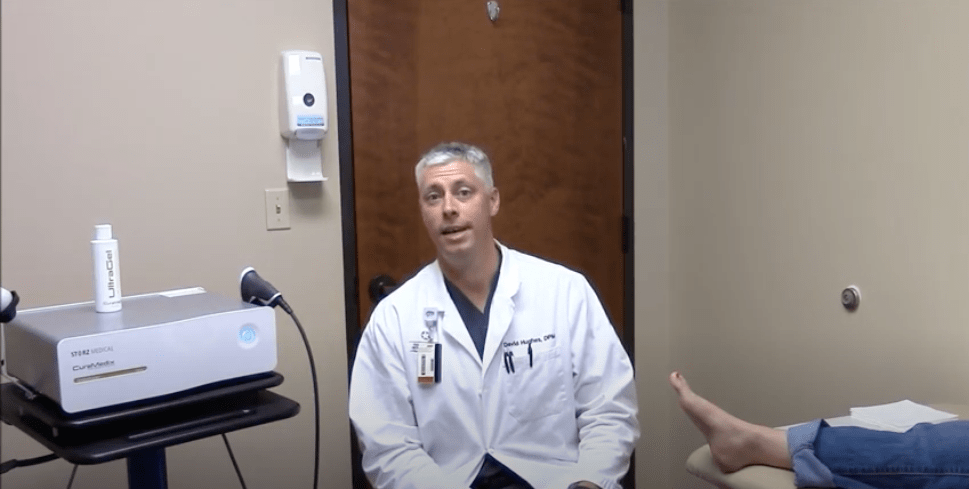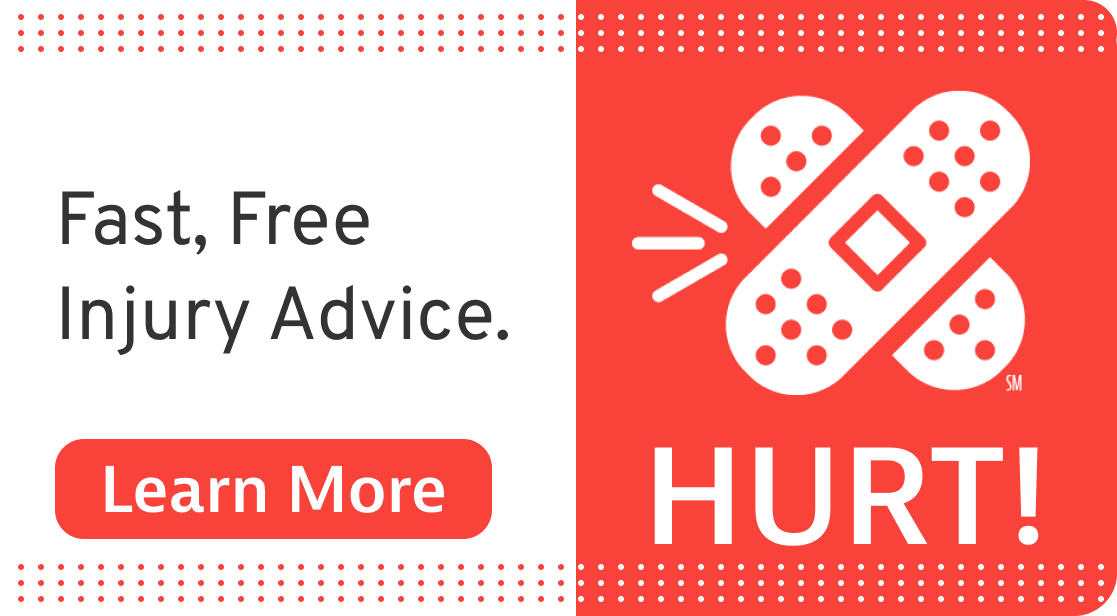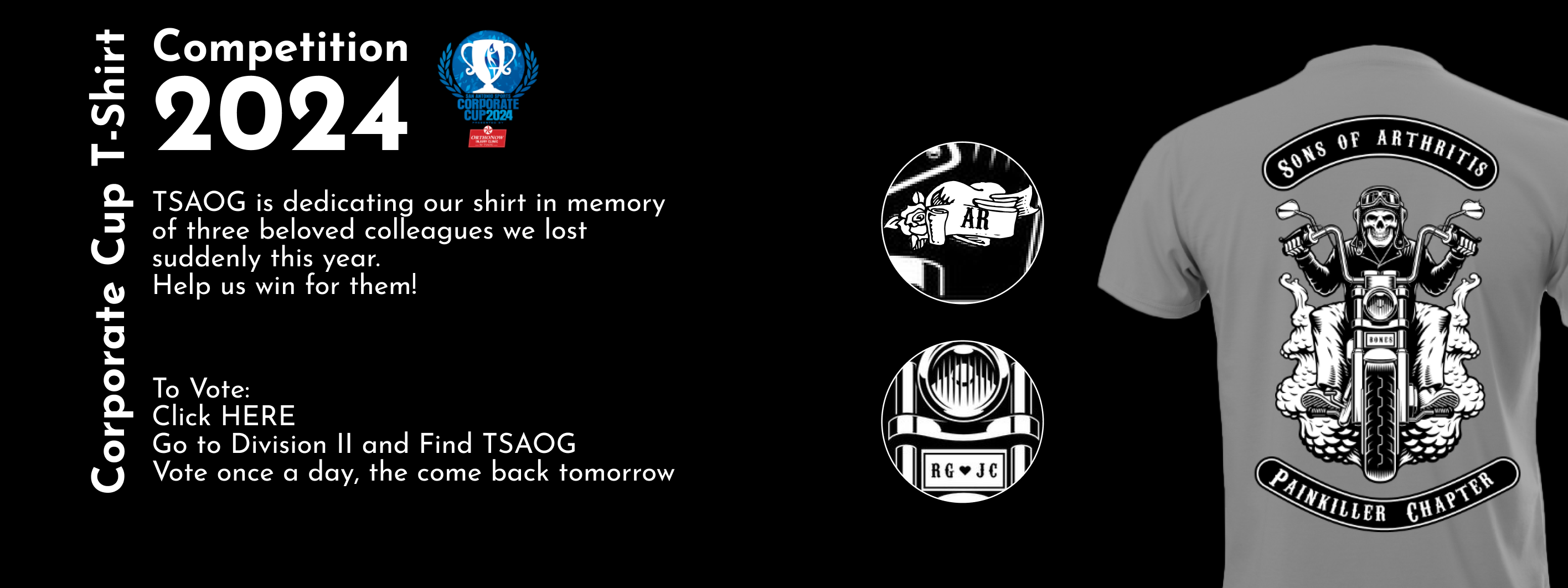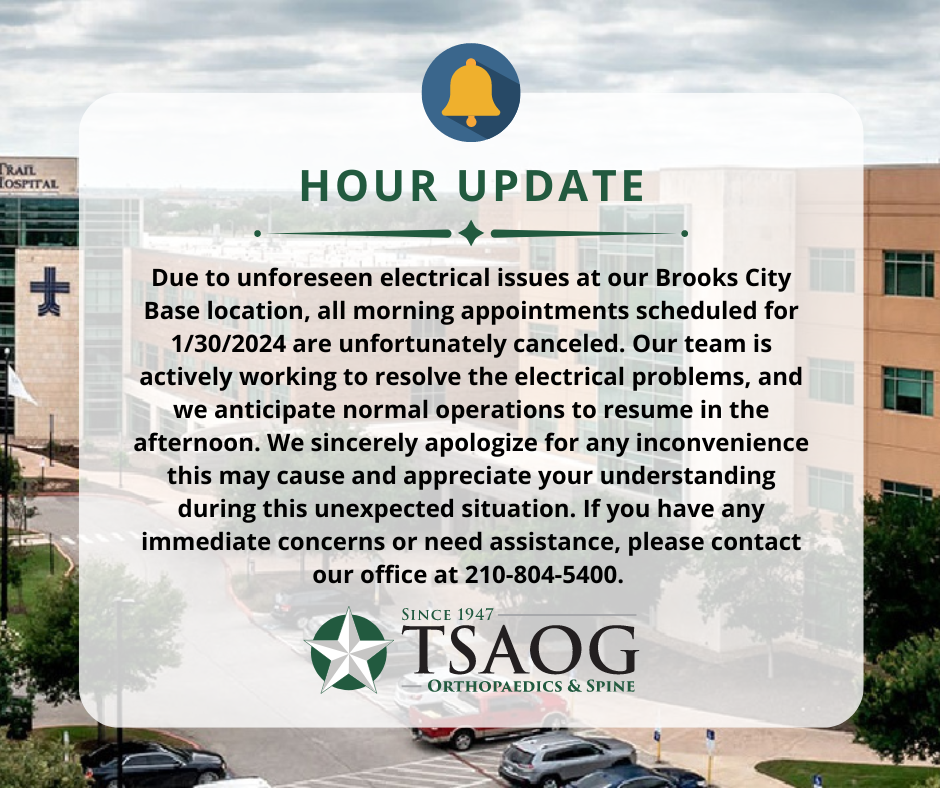Plantar fasciitis is inflammation of the band of tissue that connects your heel bone to your toes (the plantar fascia) and a very common cause of heel pain. People suffering from plantar fasciitis generally report stabbing pain in the heel, which can be more severe in the morning. Treatment options for plantar fasciitis can range from simple stretching techniques to surgery, depending on the severity of the condition. I sat down to talk with Dr. David Hughes about EPAT, a nonsurgical treatment option for plantar fasciitis which is now available at TSAOG Orthopaedics.
What is EPAT?
EPAT stands for extracorporeal pulse activation technology, also known as shockwave therapy. The technique has been used for years in Europe and the US to treat numerous chronic inflammatory conditions.
How does it work?
EPAT uses high-intensity sound waves to break up scar tissue and increase blood flow to areas where there is poor circulation, which stimulates healing.
How long does EPAT treatment take and how many treatments will I need?
Each session lasts about five minutes and patients will generally require between a minimum of 3 and a maximum of 5 treatments.
What does an EPAT treatment feel like?
EPAT treatment feels like getting snapped with a rubber band repeatedly initially, then dulls to the point where light pulses are noted.
When should I start to feel the treatment working?
It can take up to four weeks to feel pain relief, though some patients report immediate pain relief after their treatment.
Is EPAT treatment covered by insurance? How much does it cost?
Unfortunately, EPAT is not covered by insurance. Treatment cost is $495 for three treatments of one foot and $695 for three treatments on both feet. If a 4th or 5th treatment is required, there is a fee of $100 per treatment regardless of one or both feet.
What are the benefits of EPAT?
The biggest benefit is pain relief. Over 80% of EPAT patients report significantly reduced or eliminated pain. While no treatment is 100% effective, EPAT can help to heal chronic conditions that don’t respond to traditional treatment.
Additionally, since EPAT is a non-invasive therapy, there is no anesthesia required, no scarring, no risk of infection, and no recovery period after treatment. Patients don’t have to take time off work or stop their activities.
Is there anyone who shouldn’t try EPAT for plantar fasciitis?
EPAT is not recommended for people who have a pacemaker or are on blood thinners.














